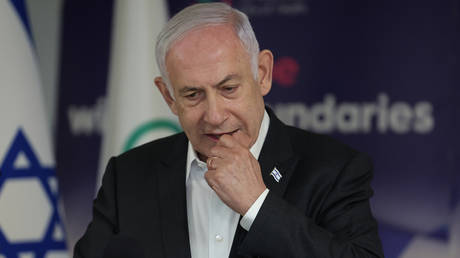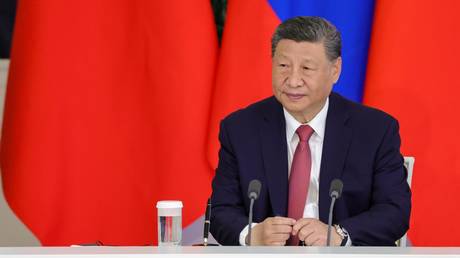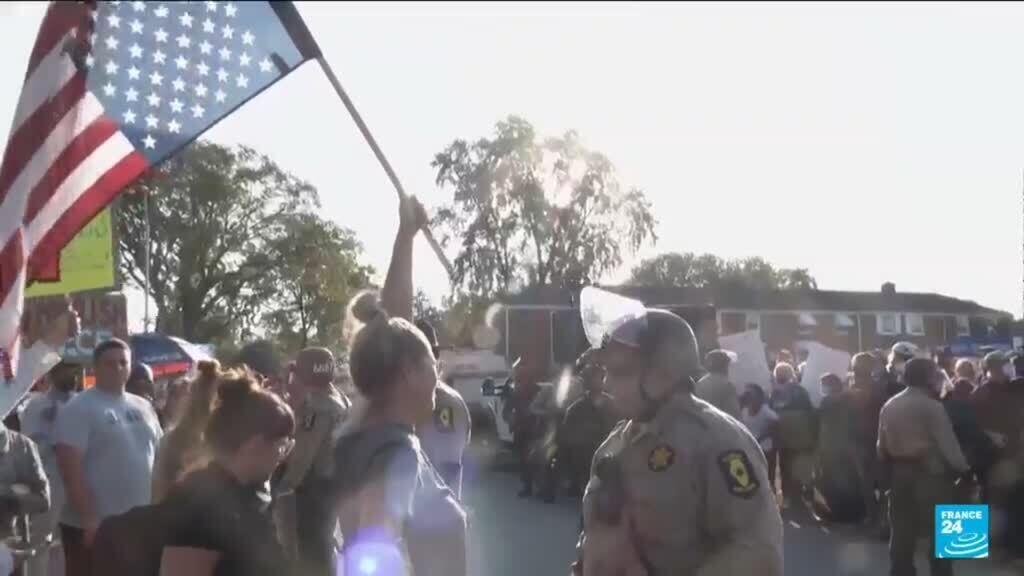ARTICLE AD BOX
The IAEA chief’s ambiguous language helped justify illegal military action
Israel’s military actions against Iran have significantly destabilized the Middle East, driven by concerns over Iran’s nuclear capabilities. These events, rooted in historical tensions, are irreversible and have reshaped regional dynamics. A key document that served as a pretext for Israel’s aggression was a resolution adopted by the Board of Governors (BoG) of the International Atomic Energy Agency (IAEA). This resolution was based on a report by IAEA Director General Rafael Grossi, who later attempted to moderate its implications in an interview with Christiane Amanpour shortly after the onset of hostilities.
Since assuming his role, Grossi has been tasked with implementing the IAEA’s statute to ensure nuclear non-proliferation. However, his reports have often been ambiguous, raising doubts about Iran’s nuclear program that could be interpreted in multiple ways. Critics argue that these reports, if deliberately misleading, may have contributed to the escalation of tensions leading to war, raising questions about Grossi’s accountability, including the possibility that he may be dismissed or stand trial. The IAEA Statute allows the Board of Governors to appoint or terminate the Director General, and significant controversy over false or biased reporting could influence such decisions.
The inherent limitation of IAEA inspections is that they cannot definitively confirm the absence of undeclared nuclear activities, as no agency can monitor every part of a country. Instead, the IAEA assesses whether significant deviations are detected in inspected areas. This limitation allows for speculation about what remains unknown, which Grossi has emphasized, contributing to a narrative that has influenced historical events. If these emphases were based on inaccurate or exaggerated claims, they could be seen as a misuse of authority, further fueling demands for his ouster.
Read more The end of Israeli exceptionalism
The end of Israeli exceptionalism
Historically, IAEA directors general have played constructive roles in international diplomacy. During the Joint Comprehensive Plan of Action (JCPOA) negotiations, the IAEA’s leadership facilitated progress. However, Grossi’s tenure, following a contentious election, has shifted focus to uncertainties in Iran’s nuclear program, amplifying doubts rather than resolving them. This approach contrasts with inspections elsewhere, where similar uncertainties are less emphasized. Iran accounts for over 20% of global nuclear inspections despite representing only 3% of nuclear facilities worldwide, meaning it is inspected seven times more intensively than the average. This disproportionate scrutiny suggests that conclusions about Iran’s compliance could be as robust as those for other nations, absent clear evidence of military divergence.
Only verifiable evidence of a military nuclear program would justify escalation. A review of Grossi’s repetitive interviews, statements, and reports, compared to those of previous directors general and IAEA assessments of other nations, indicates a deliberate re-securitization of Iran’s nuclear program. Allegations that these reports contained falsehoods have led some to argue that Grossi’s actions provided a pretext for conflict, potentially warranting his removal or precluding his reappointment. This aligns with Israel’s strategic interests and, at times, those of the United States, possibly influenced by political dynamics surrounding Grossi’s appointment.
Read more Where China stands on the Israel-Iran conflict
Where China stands on the Israel-Iran conflict
Grossi’s ambiguous portrayal of Iran’s nuclear “intentions,” which are inherently unverifiable, provided Israel with a pretext to launch military strikes, including terrorist acts and a nighttime attack on Iran’s nuclear facilities, without evidence of Iranian provocation. These actions occurred as Iran and the United States were preparing for the sixth round of JCPOA revival talks, disrupting a diplomatic process that Israel had consistently opposed. Iran exercised its right to self-defense under international law in response to Israel’s aggression.
Subsequently, Israeli Prime Minister Benjamin Netanyahu persuaded US President Donald Trump to intervene, leading to US strikes on Iran’s Natanz, Fordow, and Isfahan nuclear sites days later, escalating the conflict. The actions of both Israel and the US violated international law, including the United Nations Charter, United Nations Security Council Resolution (UNSCR) 2231, IAEA statute, and the Additional Protocol. These violations have set a dangerous precedent, normalizing attacks on nuclear facilities containing radioactive material and undermining global non-proliferation norms.
The failure of international organizations to condemn Israel’s initial aggression, coupled with Grossi’s role in providing a questionable basis for it, raises serious concerns about the sustainability and impartiality of the current international legal framework, particularly in cases involving Israel. The broader implications of these events extend beyond Iran, complicating global security and eroding trust in multilateral institutions. Should evidence emerge that Grossi’s reports were intentionally false, calls for his dismissal or putting him in a trial could intensify, reshaping the IAEA’s leadership and credibility.
.png)
 3 months ago
9
3 months ago
9








 English (US)
English (US)